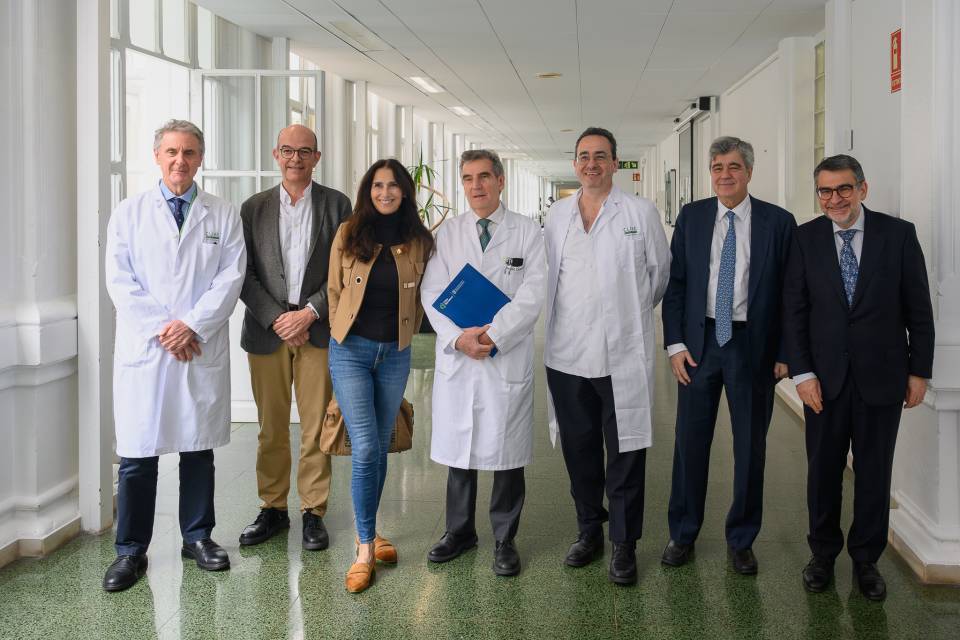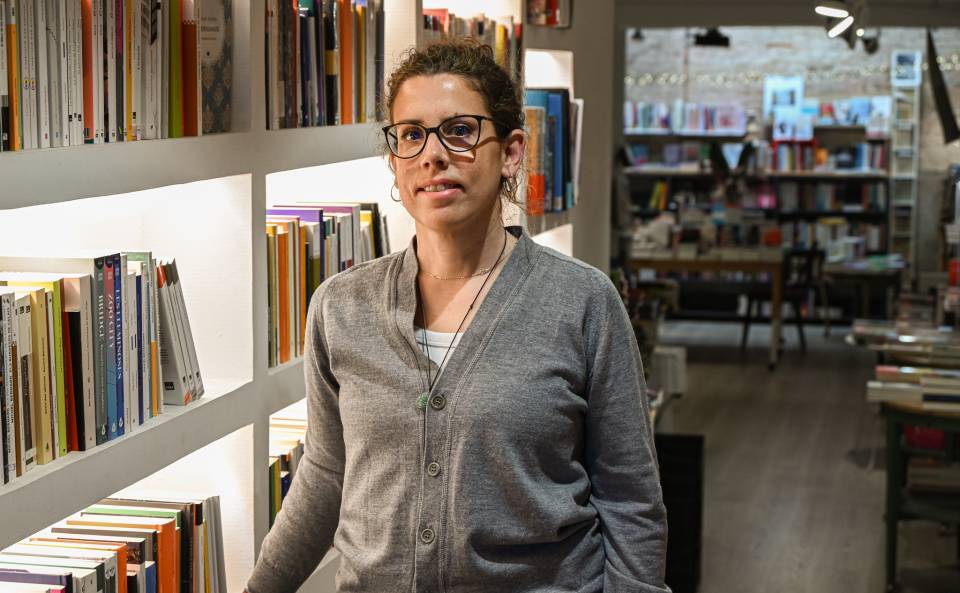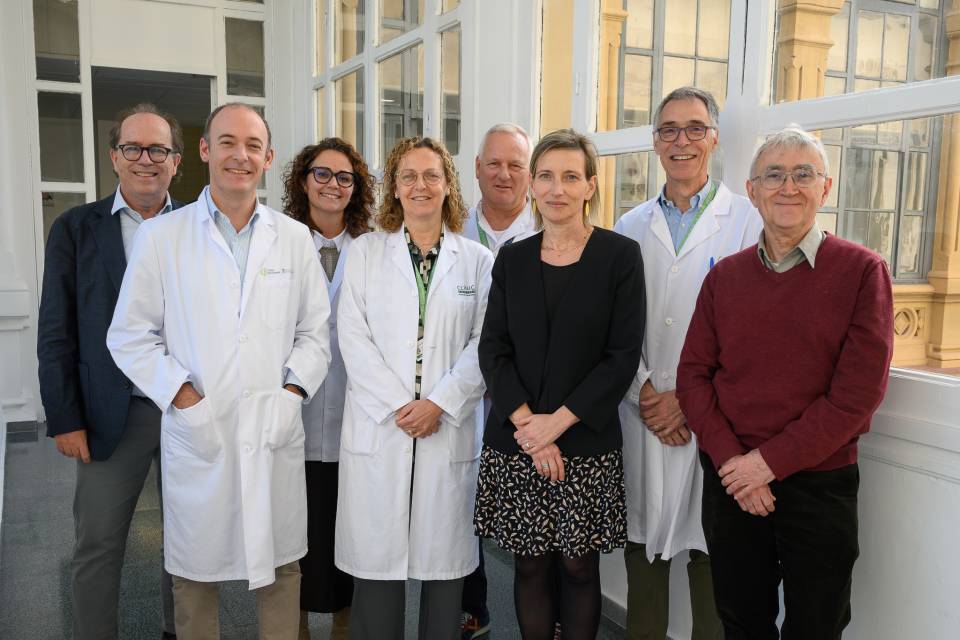News related to the institute
Clínic Barcelona
Clínic Barcelona
April 2 2025
Clínic Barcelona
Clínic Barcelona
March 24 2025
Olga Federico: “I was happy to go to the chemotherapy sessions, because it meant that there was hope"
Clínic Barcelona
Clínic Barcelona
February 3 2025


